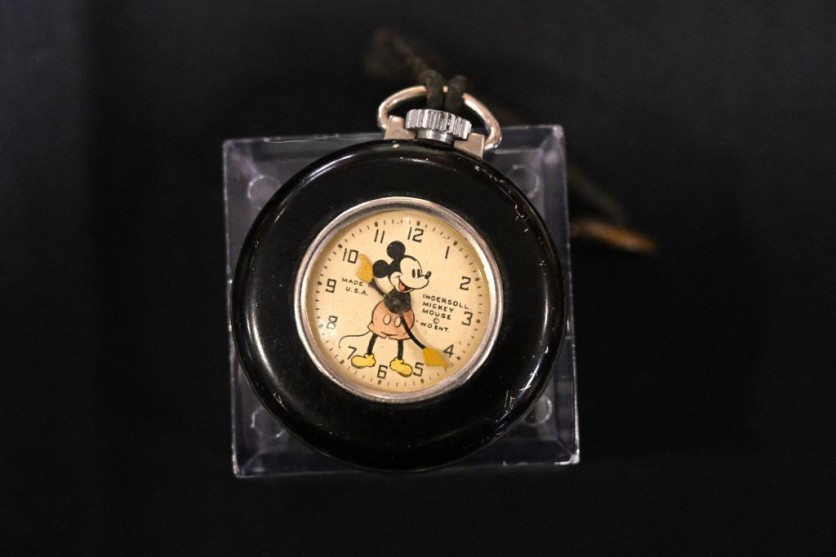Mickey and Minnie Mouse, the beloved cartoon characters that have enchanted audiences for nearly a century, are poised to take on a new chapter in their cultural journey as their original drawings enter the public domain.
According to BBC, the non-speaking versions of Mickey and Minnie first graced the screen in the 1928 silent film "Steamboat Willie," a groundbreaking animation that marked a pivotal moment in Disney's legacy.
Now, with the expiration of Disney's copyright, the earliest renditions of these iconic characters are open to the public in the United States.

Mickey and Minnie Mouse Enters the Public Domain
The BBC report sheds light on the historical significance of "Steamboat Willie," a film that catapulted Disney into cinematic stardom. With the expiration of copyright, creatives, including cartoonists, are now free to reimagine and utilize the earliest versions of Mickey and Minnie Mouse without seeking permission or incurring costs.
However, it's essential to note that Disney has emphasized that more contemporary iterations of Mickey Mouse remain protected by copyright. The company asserts its commitment to safeguarding rights in the modernized versions of Mickey and other copyrighted works.
According to US copyright law, characters' rights can be held for a duration of 95 years, which means that the characters featured in Steamboat Willie have reached the end of this period, officially entering the public domain on January 1, 2024.
Consequently, these characters can now be legally shared, performed, reused, repurposed, or sampled by the public. In addition to Mickey and Minnie, various other works from 1928 have also joined the public domain in the US.
These include Charlie Chaplin's silent romantic comedy "The Circus," A. A. Milne's book "The House at Pooh Corner" introducing the character Tigger, Virginia Woolf's "Orlando," and D. H. Lawrence's "Lady Chatterley's Lover."
Read Also : 'Disney Melee Mania' Is an Upcoming Brawl Game Exclusive to the Apple Arcade; 3x3 Multiplayer MOBA?
Mickey Mouse Protection Act
The journey to the public domain for Disney's original cartoons faced challenges in the past, with copyright extensions delaying the anticipated entry.
Disney's efforts to protect its characters led to legislative extensions, colloquially known as the "Mickey Mouse Protection Act." Nevertheless, the day has arrived, marking a symbolic milestone.
Jennifer Jenkins, director of the Duke Centre for the Study of the Public Domain, told BBC that this moment is "deeply symbolic and long-awaited."
With the characters from 1928 now in the public domain, individuals are free to copy, share, and build upon the original cartoons, reflecting a significant shift after Disney's perceived role in extending copyright terms.
Although the original drawings are available, it is important to know that Disney continues to hold a trademark on Mickey as a brand identifier and corporate mascot, which means that specific restrictions remain on how the public can utilize these images, according to Jenkins.
Related Article : Disney Eliminates Storytelling & Consumer Experiences Division, What Happens to Its Metaverse Ambitions Now?


![Apple Watch Series 10 [GPS 42mm]](https://d.techtimes.com/en/full/453899/apple-watch-series-10-gps-42mm.jpg?w=184&h=103&f=9fb3c2ea2db928c663d1d2eadbcb3e52)


